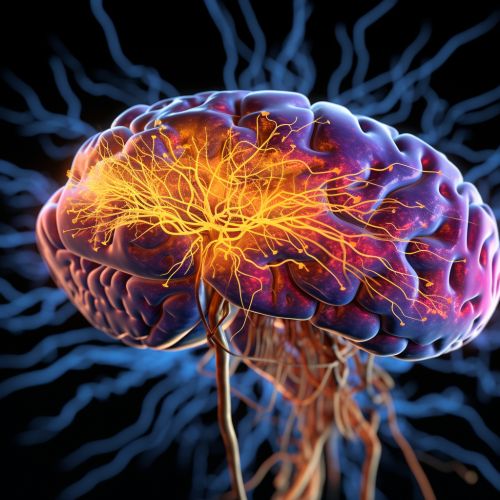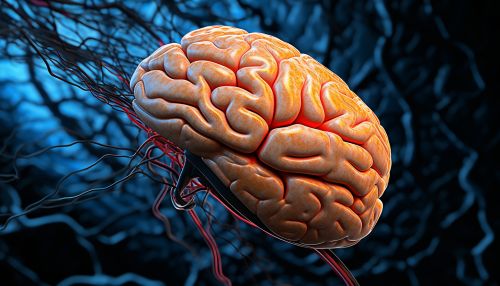Neural Correlates of Abstract Thought in Humans
Abstract Thought
Abstract thought is a cognitive process that is a hallmark of human intelligence. It involves thinking about things that are not immediately present, either physically or temporally. This includes concepts, ideas, and scenarios that are not directly observable or tangible. Abstract thinking is a key component of problem-solving, creativity, and higher-order cognitive functions. It is also a crucial aspect of human communication, as it allows us to convey complex ideas and concepts through language.
Neural Correlates of Abstract Thought
The neural correlates of abstract thought have been a topic of interest in cognitive neuroscience for many years. While the exact mechanisms are still not fully understood, research has identified several key brain regions and neural networks that are involved in abstract thinking.
Prefrontal Cortex
The prefrontal cortex (PFC) is one of the most important areas of the brain involved in abstract thought. This region is responsible for executive functions, which include decision-making, problem-solving, and planning. The PFC is also involved in working memory, which is crucial for abstract thinking as it allows us to hold and manipulate information in our minds.


Parietal Cortex
The parietal cortex is another key region involved in abstract thought. This area of the brain is involved in processing spatial information and is thought to play a role in the ability to understand abstract concepts, particularly those related to space and time.
Temporal Cortex
The temporal cortex, particularly the anterior part, is involved in semantic processing, which is crucial for understanding and generating abstract concepts. This region is also involved in memory retrieval, which can contribute to abstract thought by allowing us to draw on past experiences and knowledge.
Neural Networks
In addition to these specific brain regions, abstract thought is also associated with the activation of several neural networks. These include the default mode network (DMN), which is active when we are engaged in introspective thought or imagining future scenarios, and the executive control network (ECN), which is involved in goal-directed behavior and decision-making.
The Role of Abstract Thought in Human Cognition
Abstract thought plays a crucial role in many aspects of human cognition. It allows us to understand complex concepts, solve problems, make plans, and communicate effectively. Without the ability to think abstractly, we would be limited to concrete, immediate experiences and would struggle to navigate the complexities of the modern world.
Problem-Solving
Abstract thought is a key component of problem-solving. It allows us to consider multiple possible solutions, weigh the pros and cons of each, and make a decision based on our analysis. This involves both deductive reasoning, which is the process of drawing specific conclusions from general principles, and inductive reasoning, which involves making generalizations based on specific observations.
Creativity
Abstract thought is also closely linked to creativity. It allows us to generate new ideas, think outside the box, and see connections between seemingly unrelated concepts. This is crucial for innovation and progress in many fields, from science and technology to art and literature.
Communication
Finally, abstract thought is a crucial aspect of human communication. It allows us to convey complex ideas and concepts through language, which is itself a form of abstract representation. Without the ability to think abstractly, our ability to communicate would be severely limited.
Conclusion
While the neural correlates of abstract thought are still not fully understood, research has identified several key brain regions and neural networks that are involved. These include the prefrontal cortex, parietal cortex, and temporal cortex, as well as the default mode network and executive control network. Abstract thought plays a crucial role in many aspects of human cognition, including problem-solving, creativity, and communication. As our understanding of the neural mechanisms underlying abstract thought continues to grow, it will likely have important implications for a range of fields, from cognitive neuroscience to artificial intelligence.
